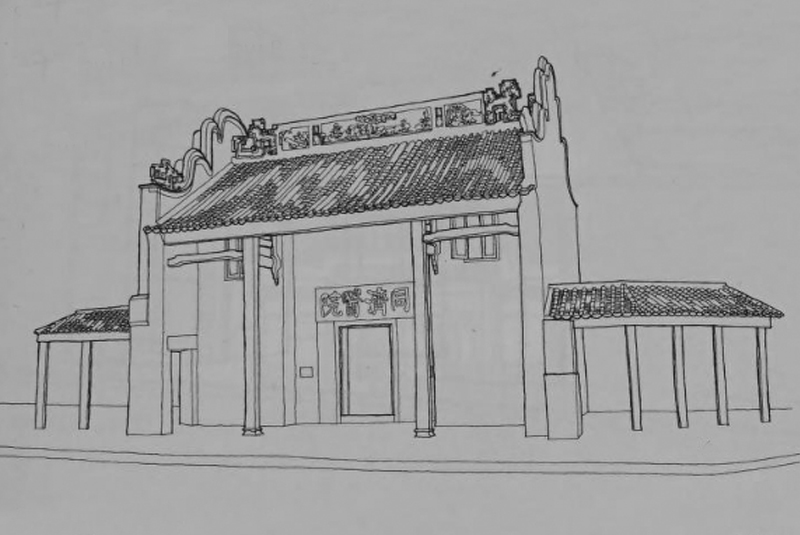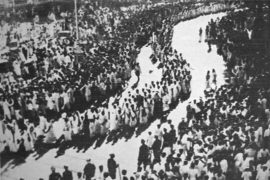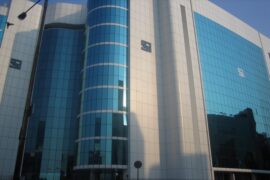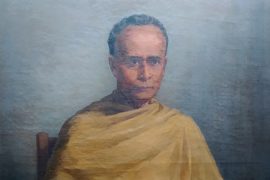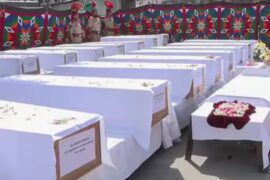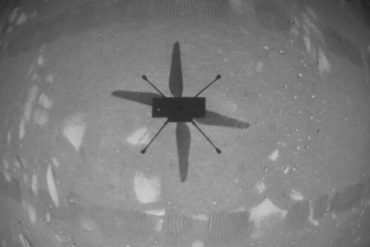In the winter of 1818, Sir Thomas Stamford Raffles sailed from the city of Calcutta in search of a new trading post. Under the treaty of Vienna, the British had recently lost Malacca to the Dutch and were in desperate need of a strategic trading post in the Straits. They were against the clock as they risked losing the Straits to the Dutch yet again.
In the first month of 1819, the Indiana carrying Raffles, and William Farquhar docked in Singapore. There, he met Temenggong Abdul Rahman, an official under Sultan Mahmud of the Johor-Riau Kingdom. The island was under Rahman’s dominion, and on February 6, Raffles signed the Singapore Treaty with Sultan Hussein and Rahman. That day, the Union Jack fluttered in the Singaporean wind.
Soon, Raffles encountered a bright-eyed British clerk in the city of Penang. His name was Naraina Pillai. Pillai was taken with Raffles’ proposition of a modern trading post and offered to tag along on his next visit to Singapore. Thus in 1819, Pillai landed on Singaporean soil.
On his arrival, he started work as a shroff or a stand-in chief clerk in the colonial treasury, where his job required him to detect counterfeit currency. But, the enterprising gentleman soon noticed the need for housing.
Immigrants were arriving every day and had no place to stay. He saw the construction business had the potential to become a booming industry in this environment, and soon he started his own kiln by Mount Erskine, now known as Tanjong Pahar. This move cemented his name as the Indian contractor and brick business owner in all of Singapore.
Pillai reached out to his people in Penang and hired a plethora of professionals, from people to man the kilns to carpenters to build furniture. He also opened a textile business at Cross Street, but just three years later, his bazaar burnt down to the ground. Pillai managed to convince the British merchants, that he would repay them in five years. All but Joh Morgan agreed.
-30-
Copyright©Madras Courier, All Rights Reserved. You may share using our article tools. Please don't cut articles from madrascourier.com and redistribute by email, post to the web, mobile phone or social media.Please send in your feed back and comments to [email protected]

